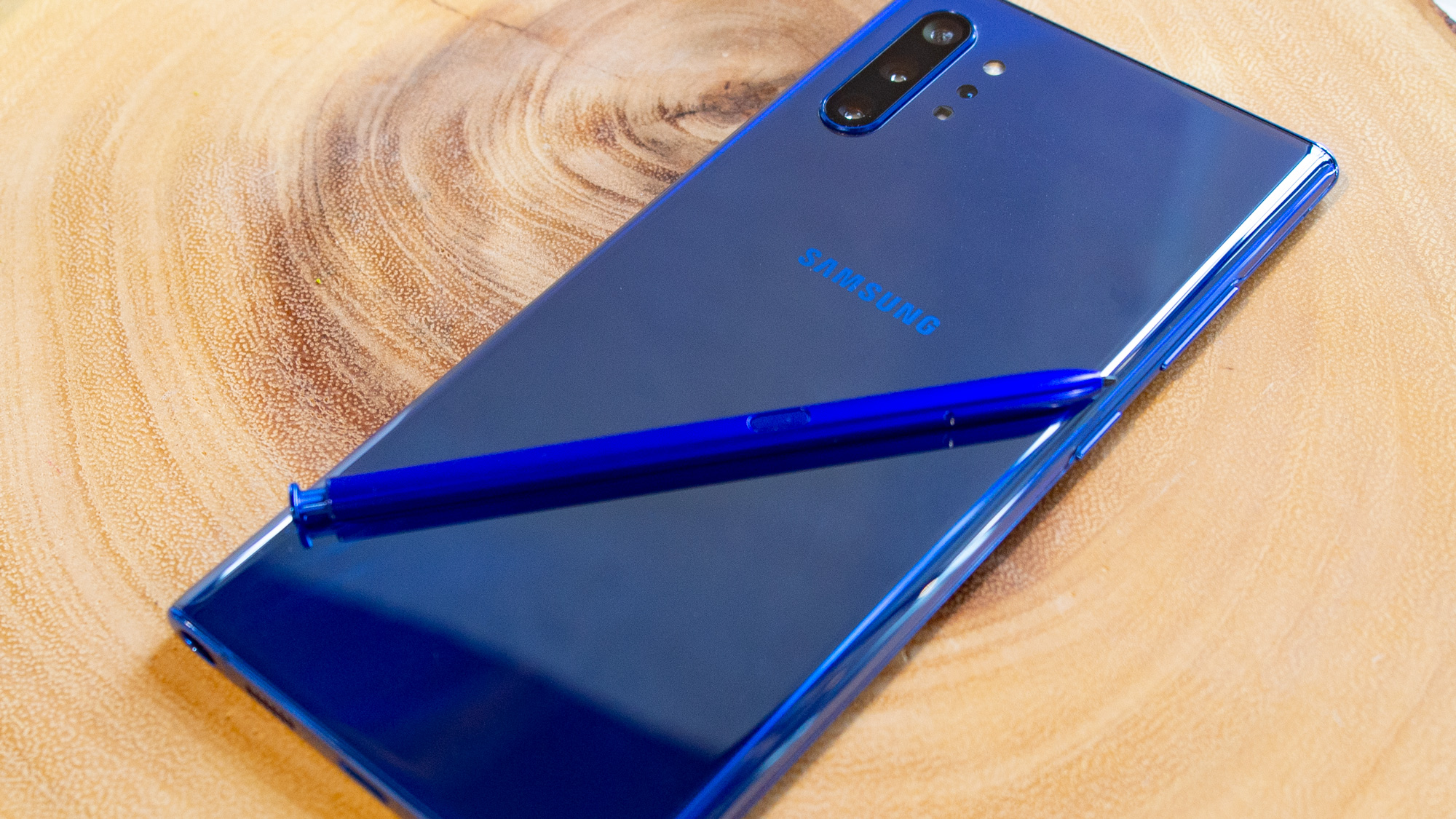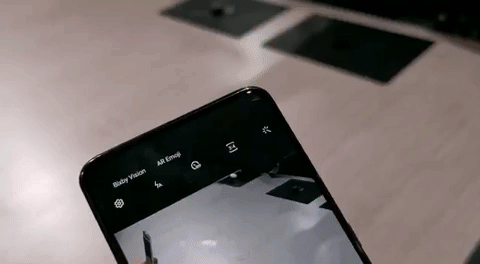Leaks suggest graphene will supercharge future Samsung phone batteries
Longer battery life and much, much faster charging

Sign up for breaking news, reviews, opinion, top tech deals, and more.
You are now subscribed
Your newsletter sign-up was successful
Currently smartphone batteries last about a day to two days, but that could radically change in the next few years, if graphene batteries become commonly used. Now, it looks like Samsung phones could be the first to enjoy this new form of smartphone battery.
That's according to reliable industry leaker Evan Blass, who tweeted claiming that Samsung will have one smartphone with a graphene battery by late 2020 or early 2021.
Blass wrote: "Lithium-ion batteries are...suboptimal. Samsung is hoping to have at least one handset either next year or in 2021, I'm told, which will feature a graphene battery instead. Capable of a full charge in under a half-hour, they still need to raise capacities while lowering costs."
- These are the best Samsung phones
- And these are the best Samsung phone deals
- This is what we want to see in the Galaxy S11
Graphene has started to gain the moniker of tech's 'wonder material' thanks to its many properties. These include the ability to charge up incredibly quickly, to keep cool under intense pressure, and to last for a long time.
Graphene is starting to make waves in the tech industry, and we've run through 40 ways graphene is about to change your life, which includes these benefits.
A Samsung phone with a graphene battery could have a seriously impressive battery life, and it would be novel technology for a competitive phones industry. The Huawei Mate 20 X used a graphene cooling system, but as battery material the tech is yet to find its way into new smartphones.
Which Samsung phone could have a graphene battery?
Evan Blass states the tech could come 2020 or 2021 – due to the uncertainty between those years we don't expect to see the tech in the Samsung Galaxy S11, which will be out around February 2020, as that's pretty early for a tech that might not be out that whole year.
Sign up for breaking news, reviews, opinion, top tech deals, and more.
The two obvious choices therefore are the Samsung Galaxy Note 11, the successor to the Galaxy Note 10, we're expecting to see in August 2020, or the Galaxy S12, which will be out early 2021. Both will be flagship devices, so it would make sense for Samsung to debut a technology in them that could be the future of smartphones.

One other possible phone would be a future Galaxy A smartphone. Samsung has previously used this more affordable range as a testing ground for new ideas, like with the Samsung Galaxy A80 which has a novel pop-up flipping back camera panel, and if it were to test out graphene tech it could do so on one of these phones before a wider rollout.
The tech coming in a Galaxy A phone is backed up by Evan Blass slating the tech for a future "phone", singular, as the S and Note phones always come out in series with multiple different phones. However each Galaxy A handset is stand-alone, so it would make sense for the tech to come in just one device.
We don't know for sure right now which phone the graphene battery will come in, and if Blass' timeline is right, it'll be a long time before we do (unless, of course, another company beats Samsung to the punch). For now, though, know that phones might last a lot longer in the future.

Tom Bedford is a freelance contributor covering tech, entertainment and gaming. Beyond TechRadar, he has bylines on sites including GamesRadar, Digital Trends, WhattoWatch and BGR. From 2019 to 2022 he was on the TechRadar team as the staff writer and then deputy editor for the mobile team.